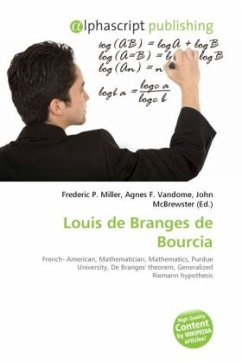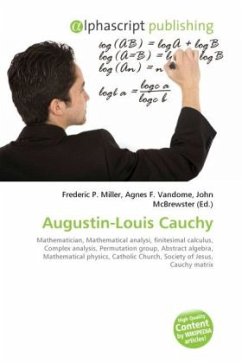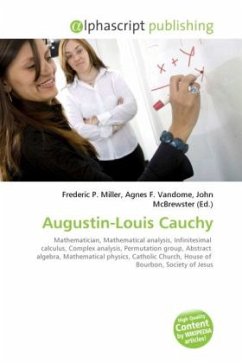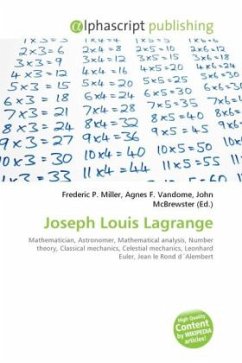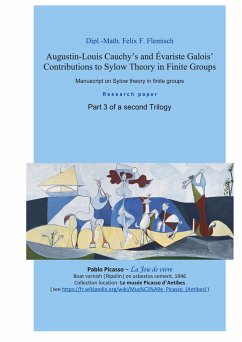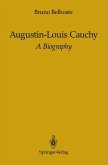High Quality Content by WIKIPEDIA articles! Louis de Branges de Bourcia (born August 21, 1932 in Paris, France) is a French-American mathematician. He is the Edward C. Elliott Distinguished Professor of Mathematics at Purdue University in West Lafayette, Indiana. He is best known for proving the long-standing Bieberbach conjecture in 1984, now called de Branges' theorem. He claims to have proved several important conjectures in mathematics, including the generalized Riemann hypothesis (GRH). Born to American parents who lived in Paris, de Branges moved to the U.S. in 1941 with his mother and sisters. His native language is French. He did his undergraduate studies at the Massachusetts Institute of Technology (1949 53), and received a Ph.D. in mathematics from Cornell University (1953 7). His advisors were Harry Pollard and Wolfgang Fuchs. He spent two years (1959 60) at the Institute for Advanced Study and another two (1961 2) at the Courant Institute of Mathematical Sciences. He was appointed to Purdue in 1962.
Bitte wählen Sie Ihr Anliegen aus.
Rechnungen
Retourenschein anfordern
Bestellstatus
Storno

